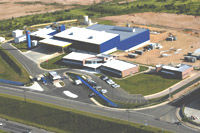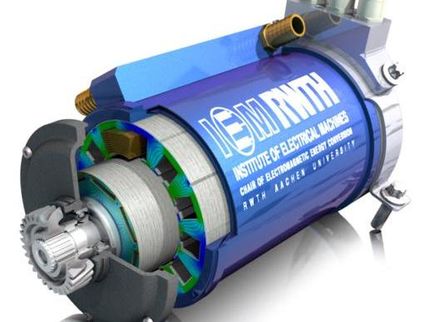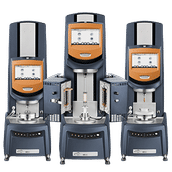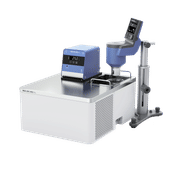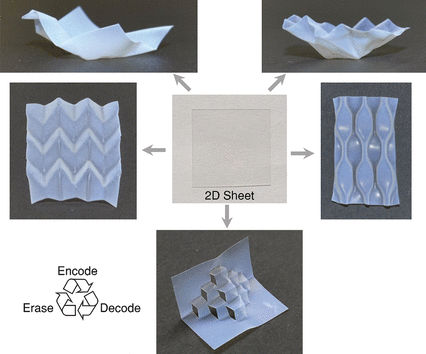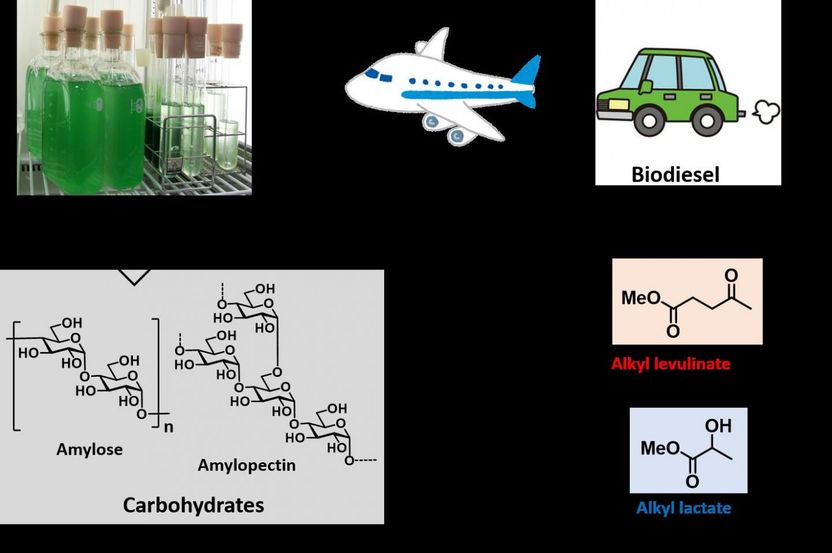RheoFuture® Conference Held in Karlsruhe
2004 "Young Scientists Award" Winners Announced
The third annual international RheoFuture® Conference took place in Karlsruhe, Germany from 1-2, July 2004. The event was held in cooperation with the German Federal Research Centre for Nutrition and food and focused on future trends in rheology. More than 70 international attendees listened to presentations from and participated in discussions with well-known rheological experts from research and industry. Thermo Electron Corporation, a leading global high-tech instruments company, established the first RheoFuture® conference in 2001 as a forum for exchanging experiences between academic and corporate users of rheometry equipment.
"We are pleased to invite rheology experts and bring them together with industrial users," said Dr. Dirk Eidam, Thermo Electron (Karlsruhe). "This unique combination makes the conference a fascinating experience. We learn about upcoming trends in instrumentation measurement, which enables us to better meet the needs of our customers."
Extensional rheology was a key topic of this year's conference. Representatives from BASF, DaimlerChrysler, Amylum, Wacker and Wolff Cellulosics presented on the use of HAAKE Capillary Breakup Extensional Rheometers for industrial research and quality control.
One of the conference highlights was the presentation of the "Young Scientists Award." An international jury comprised of experienced researchers from renowned universities selected the best and most innovative contributions from around the globe. The winners presented their papers at the conference:
Erik Miller, University of Massachusetts, Amherst, USA
Title: "Control of the sharkskin instability in the extrusion of polymer melts using induced temperature gradients" Abstract: The "sharkskin" effect in industrial extrusion processes of polymers leads to undesired surface properties of the final product. This effect can be minimized by applying special temperature gradients at the die end of the extruder. Additionally, the overall energy input of the process can be reduced using this technique.
Sebastien Manneville, CRPP-CNRS, Pessac, France
Title: "The ultrasonic rheo-velocimeter: a spatio-temporal approach of nonlinear rheology" Abstract: This new analytical method can be used in industrial applications to forecast and monitor flow instabilities. An ultrasonic sensor is used in combination with a standard rheometer. A the same time the rheometer provides data on the sample's viscosity and elasticity, the sensor provides profiles that allow microscopical flow behavior to be examined.
Hong Hai Le, Universität Halle Wittenberg, Germany
Title: "Development of an online method for characterization of homogenity of CB filled rubber mixture using electrical conductivity" Abstract: The industrial process of mixing rubber and carbon black can be optimized by measuring electrical conductivity. The level of conductivity identifies the distribution of the filling agent carbon black in the mixture. This measurement technique has high potential for the automotive and adhesives industries.
Other news from the department science
These products might interest you
Most read news
More news from our other portals
See the theme worlds for related content
Topic world Rheology
Rheology deals with the flow behavior and deformation properties of materials. In the chemical field, it is indispensable for understanding the consistency, viscosity and elasticity of liquids, gels and solids. Whether formulating paints, producing polymers or optimizing food textures, rheological properties influence how substances react, move and feel.

Topic world Rheology
Rheology deals with the flow behavior and deformation properties of materials. In the chemical field, it is indispensable for understanding the consistency, viscosity and elasticity of liquids, gels and solids. Whether formulating paints, producing polymers or optimizing food textures, rheological properties influence how substances react, move and feel.
